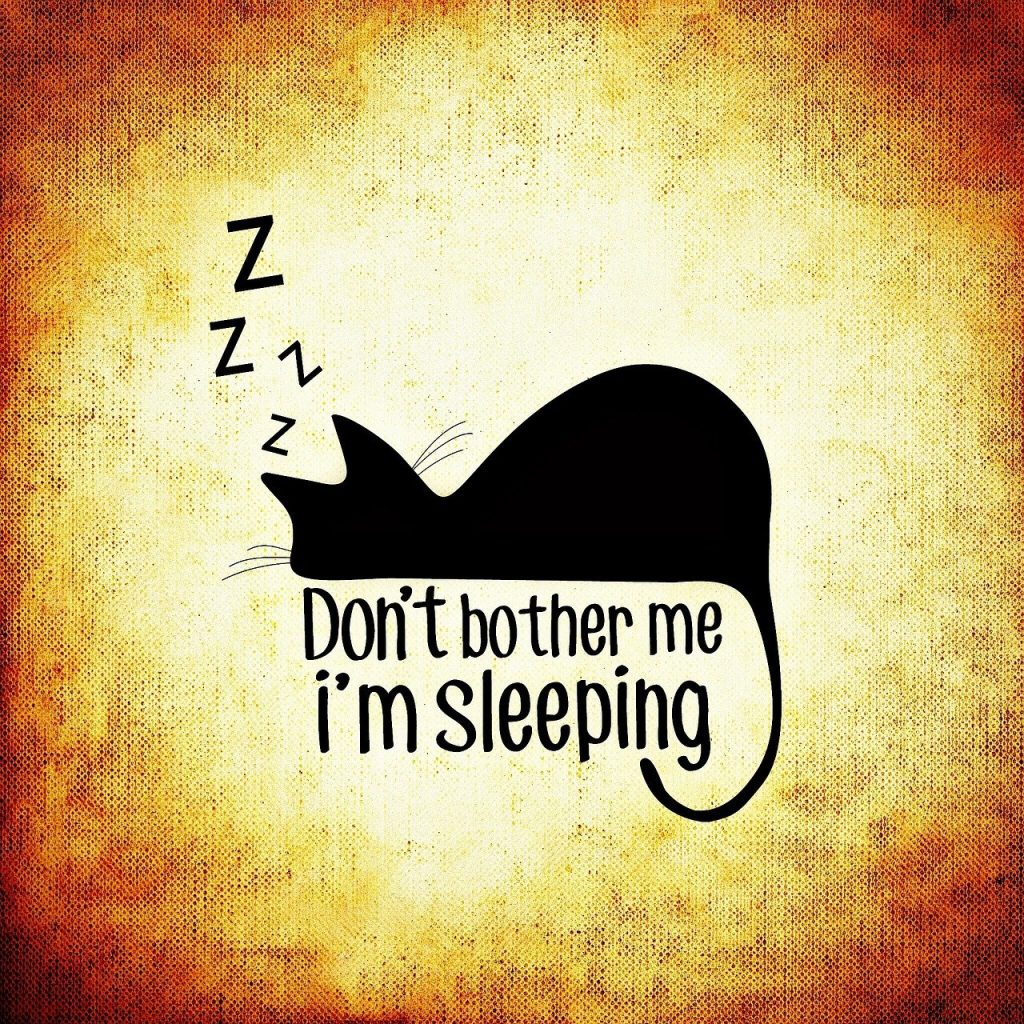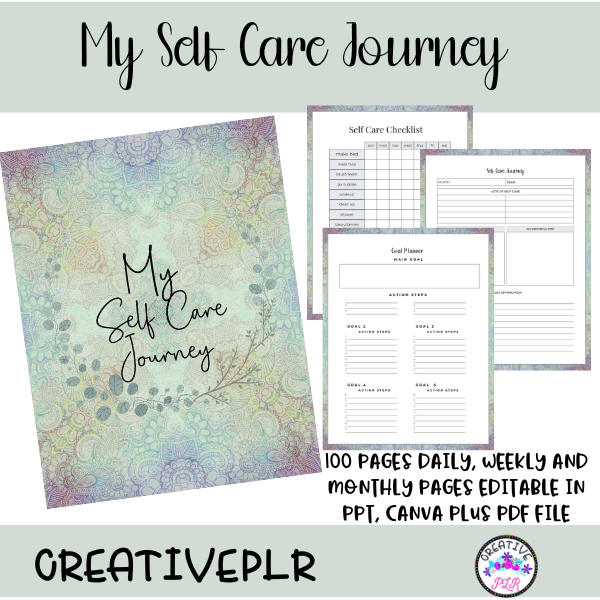In today’s fast-paced world, burnout has become an all-too-common problem that affects a lot of people across various industries and walks of life. The constant demands, long hours and pressures of work, personal life, and society’s expectations can leave us feeling drained and overwhelmed.

However, with the right techniques and strategies, it is possible to prevent job burnout and maintain a healthy work-life balance. There are things we can all do to take better care of ourselves and avoid that overwhelmed feeling that we have nothing left to give.
What Does Burnout Look Like?
First, burnout looks different for each of us. What will be a symptom in one person will not affect another person. It depends on several things like your risk factor, family life, time pressures, health status and burnout causes. Some common signs or burnout symptoms of burnout include:
Exhaustion: Feeling constantly tired, both physically and emotionally, despite getting enough rest. In fact, sometimes the more rest I get, the worse I feel.
Lack of motivation: Experiencing a decrease in motivation and feeling detached or disengaged from your work or activities that used to bring you joy. This can apply to all aspects of your life, not just your work environment.
Increased cynicism and negativity: Developing a more negative and cynical outlook on life, work, and people around you.
Decreased productivity: Finding it difficult to concentrate, being less efficient, and experiencing a decline in your overall performance. This may be caused by mental exhaustion.
Emotional instability: Feeling more irritable, impatient, or moody than usual. You may also notice a heightened sense of anxiety or depression.
Physical symptoms: Experiencing physical ailments such as headaches, stomachaches, or muscle tension that may not have a clear medical cause.
Withdrawal from responsibilities: Withdrawing from social interactions, avoiding work-related tasks, or isolating yourself from friends and family. This is especially common since the Covid lock down. I know I found it difficult to re-engage after working from home for over a year and being worried about being around others.
Loss of enjoyment: Losing interest in activities or hobbies you once found pleasurable and struggling to find joy in your personal life.
Neglecting self-care: Ignoring your own needs, such as healthy eating, exercise, or proper sleep, and neglecting to engage in activities that promote well-being.
Even if you have one or two of these signs, it does not mean you are experiencing burnout, but having symptoms over a long period of time might be more serious. In that case, talk to someone who can support you.
1. Prioritize Self-Care
One of the most crucial steps in avoiding burnout is prioritizing self-care. Make sure to carve out time for activities that recharge and rejuvenate you. Whether it’s practicing mindfulness, engaging in a hobby, spending quality time with loved ones, or simply taking a break, self-care acts as a vital foundation for your well-being and resilience.
Prioritize getting enough quality sleep each night. You may need to change your routine, change your bedding, orient your bed in a different position or keep to a regular bedtime even on holidays.
Lack of sleep can contribute to increased stress levels and decreased cognitive functioning, making you more susceptible to burnout. Establish a consistent sleep routine and create a calming environment to promote better sleep. You can see how much sleep is recommended HERE.

Give yourself regular breaks from technology and screen time. Constant exposure to screens and the digital world can be mentally and emotionally draining. Designate specific times during the day to disconnect from electronic devices and engage in activities that allow your mind to unwind and recharge.
I notice when I am on the computer or my phone just before bedtime, it takes longer to fall asleep and sleep is not as sound. It is that The blue light emitted by your cell phone screen restrains the production of melatonin, the hormone that controls your sleep-wake cycle. I notice this in my classroom, students in the morning are very groggy because they are always on their phones.
Regular physical exercise not only benefits your physical health but also plays a crucial role in managing stress and preventing burnout. Find activities you enjoy, whether it’s going for a walk, practicing yoga, or participating in a team sport. Exercise releases endorphins and boosts your mood, helping to combat stress and promote overall well-being.

Proper nutrition is essential for maintaining energy levels and overall well-being. Make sure to eat a healthy diet, incorporating fruits, vegetables, whole grains, lean proteins, and healthy fats. Avoid excessive consumption of caffeine, sugar, and processed foods, as they can contribute to energy crashes and mood swings. For me it means cutting back on the sweets and especially ice cream.
Remember, self-care is a personal journey, and what works for one person may not work for another. Experiment with different self-care practices and find what resonates with you. It’s essential to prioritize your well-being and make self-care a regular part of your routine to prevent burnout and promote a healthier, more balanced lifestyle.
2. Set Realistic Boundaries
Learn to set boundaries and say “no” when necessary. Overcommitting yourself can lead to excessive stress and burnout. Understand your limits and communicate them clearly to others. By establishing healthy boundaries, you create space for yourself and prevent overwhelming workloads.
When you set boundaries, you define the limits of what you can reasonably handle. By doing so, you protect your time and energy from being constantly depleted by excessive work demands or obligations. It allows you to allocate time for self-care, rest, and activities that bring you joy and fulfillment.

Setting boundaries also promotes healthy communication and mutual respect with others. By clearly articulating your limits and needs, you create an environment where others can understand and acknowledge your boundaries. This fosters better collaboration, reduces conflicts, and establishes healthier relationships, both in the workplace and in personal settings.
3. Practice Effective Time Management
Effective time management is key to avoiding burnout. Prioritize your tasks, break them down into smaller, manageable steps, and allocate time for each. Avoid multitasking, as it can lead to decreased focus and increased stress. Instead, practice single-tasking, dedicating your attention to one task at a time, which enhances productivity and reduces the risk of burnout.

For more strategies on time management, check out this blog post 9 Tips to Improve Productivity.
4. Cultivate a Supportive Network
Having a strong support system can make a significant difference in preventing burnout. Surround yourself with positive and supportive individuals who understand your challenges. Share your feelings and experiences with trusted close friends, family, or mentors. Their encouragement and guidance can provide valuable perspective and emotional support during difficult times.

5. Take Regular Breaks
Allowing yourself regular breaks throughout the day is essential for maintaining productivity and preventing burnout. Incorporate short breaks into your work routine, whether it’s a quick walk, stretching, or simply stepping away from your workspace. These moments of rest and rejuvenation can replenish your energy and improve overall focus and well-being.

Try setting a timer to remember to get up and move around. When I am in the middle of something, time slips away and I find myself sitting for hours unless I use a timer.
6. Practice Mindfulness and Stress Reduction Techniques
Mindfulness and stress reduction techniques can be powerful tools in avoiding burnout. Engage in activities such as meditation, deep breathing exercises, or yoga to reduce stress levels and promote a sense of calm and clarity. Integrating these practices into your daily routine can enhance self-awareness, improve resilience, and reduce the risk of burnout.

Focus on Your Breath: Shift your attention to your breath as it flows in and out. Observe the sensation of each breath, whether it’s the coolness of the inhalation or the warmth of the exhalation. Pay attention to the rising and falling of your abdomen or the feeling of the air passing through your nostrils. Allow your breath to be your anchor, bringing you into the present moment.
7. Self Reflection and Self Compassion
Take time for self-reflection on a regular basis. Everyone is different and you need to assess your needs, values, and goals. Understand your limits and acknowledge when you are having a hard time and need to step back and prioritize your well-being. Practice self-compassion by being kind to yourself, acknowledging your accomplishments, and forgiving yourself for any perceived shortcomings. Change direction of any negative self talk.

Avoid comparing yourself to others. When you compare yourself to others, you may become preoccupied with measuring your worth and success against external standards. This can lead to self-doubt, dissatisfaction, and a constant striving for unattainable ideals. Instead, shift your focus inward and concentrate on your personal growth and progress. Set meaningful goals based on your own values and aspirations, and celebrate your achievements along the way.
Avoiding burnout requires conscious effort and a commitment to self-care. By implementing these seven effective techniques—prioritizing self-care, setting boundaries, managing time effectively, cultivating a support network, taking breaks, practicing mindfulness, and regularly assessing your well-being—you can create a sustainable and fulfilling lifestyle.

Looking for some templates you can use for a self-care journal or planner? Here are 100 pages, daily, weekly and monthly that are editable in both PowerPoint and Canva and comes with commercial rights. Check it out HERE and use the code READERCARE TO GET $10 OFF.
For more ideas on SELF CARE IDEAS WHEN WORKING FROM HOME, click the link to read a previous blog post. Have you suffered burnout? I know several people online who have experienced burnout and gone offline for some time to recover. Note the warning signs and adjust before you become overwhelmed.
I have days that I just sit and play solitaire, watch TV or take naps. I used to beat myself up over the lack of productivity, but realized that I need those times to recover and usually are twice as creative afterwards. I would love to hear your experiences and thoughts.
Drop a comment below or email me at hello@creativeplr.com. Above all, note the warning signs and give yourself grace. We are heading into a busy time of year and you want to enjoy those moments, not feel crushed by overwhelming thoughts.